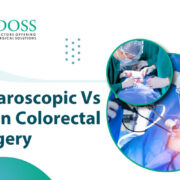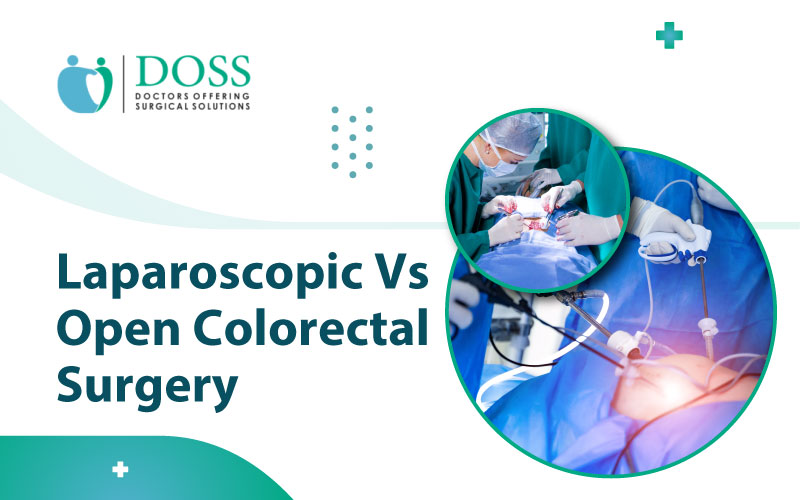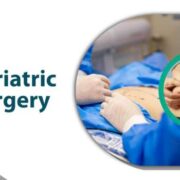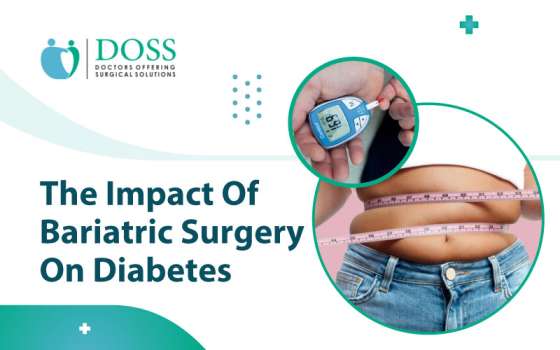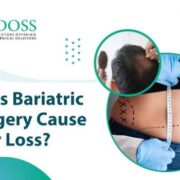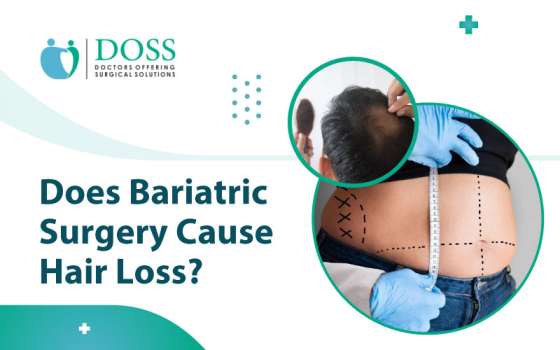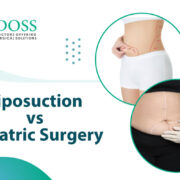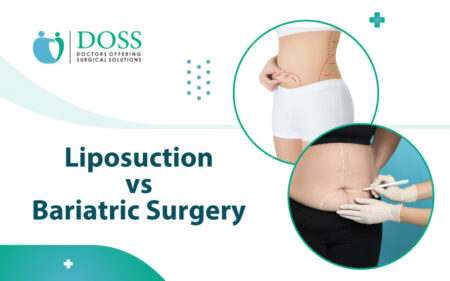How Long Does it Take to Recover From Hernia Surgery?
BlogLiving with a hernia can be uncomfortable and limit your daily activities. Thankfully, hernia surgery provides a solution to this common condition, allowing individuals to regain their quality of life.
However, understanding the recovery process is crucial for a successful outcome. In this guide, we will walk you through the recovery timeline and provide useful tips to ensure a smooth and effective recovery from hernia surgery.

Understanding Hernias: Causes and Types
To begin, let’s delve deeper into hernias and their causes. A hernia occurs when an organ or tissue pushes through a weak spot in the surrounding muscle or connective tissue. Inguinal hernias, umbilical hernias, and hiatal hernias are some of the most common types experienced by patients.
We will explore each type, their causes, risk factors, and how they affect the body. Understanding the underlying condition is essential for comprehending the recovery process.
Types of Hernia Surgery and Surgical Approaches
Preparing for Surgery: What to Know
Before undergoing hernia surgery, proper preparation is essential. We will guide you through the pre-operative phase, providing information on necessary tests, dietary guidelines, and lifestyle modifications that may be required. Preparing mentally and physically for surgery plays a crucial role in ensuring a successful outcome.
We will also discuss the importance of having a support system in place, which can greatly contribute to a smooth recovery.
The Surgery Process: Anesthesia and Duration
Understanding the surgery process itself can alleviate anxiety. We will explain what happens during hernia surgery, including the use of anesthesia and its different types.
You will gain insights into how the surgical team prepares you for the procedure, what to expect during the operation, and the approximate duration of the surgery. Knowing these details can help you feel more at ease and mentally prepared on the day of surgery.
Immediate Post-Operative Phase: Recovery Room and Pain Management
As you wake up from surgery, you will find yourself in the recovery room. This section will detail the immediate post-operative phase, explaining the monitoring process, pain management strategies, and potential side effects or complications.
You will learn about the importance of following the surgeon’s instructions regarding wound care, medication, and activity restrictions. Understanding this phase allows you to navigate it with confidence, ensuring a smooth transition from the operating room to the recovery phase.
Hospital Stay or Outpatient Surgery: What to Expect
Depending on the type of hernia surgery and your overall health, you may require a short hospital stay or have the procedure done on an outpatient basis.
We will outline the factors that determine whether you will need to stay in the hospital, providing clarity on what to expect during your recovery period.
For those who may have an outpatient surgery, we will discuss how to prepare your home environment to optimize comfort and convenience during the initial recovery phase.
The First Week at Home: Wound Care and Pain Management
Once you return home, the first week of recovery is crucial. In this section, we will provide guidance on wound care, pain management, and specific activities to avoid during this initial phase.
You will learn about common post-operative symptoms and how to effectively manage them, ensuring a smooth healing process. We will also provide tips on creating a comfortable recovery space at home, including suggestions for pillows, clothing, and other aids that can enhance your comfort.
Long-Term Recovery: Timeline and Milestones
Recovery from hernia surgery extends beyond the first week. It’s important to have a clear understanding of the timeline and milestones to anticipate. We will outline the expected recovery milestones, including when you can gradually resume normal activities, return to work, and engage in physical exercise.
By tracking your progress and meeting these milestones, you can gain confidence in your recovery journey. We will also discuss potential setbacks or complications that may arise and how to address them effectively.
Tips for a Smooth Recovery: Practical Advice
To support your recovery, we have compiled a series of practical tips to help you maximize healing and promote overall well-being. These tips cover areas such as nutrition, hydration, pain management, and physical activity.
By following these recommendations, you can enhance your recovery experience and contribute to a swift return to normalcy.
- Nutrition: Eating a balanced diet rich in protein, vitamins, and minerals is essential for optimal healing. Include lean proteins, fruits, vegetables, whole grains, and healthy fats in your meals. Avoid processed foods and sugary snacks, as they can hinder the healing process.
- Hydration: Proper hydration plays a crucial role in recovery. Drink plenty of water throughout the day to keep your body hydrated and promote tissue healing. Limit your intake of caffeinated and sugary beverages, as they can dehydrate the body.
- Pain Management: Follow your surgeon’s prescribed pain management plan to alleviate discomfort. Take medications as directed and report any unexpected or severe pain to a surgeon. Utilize ice packs or warm compresses as recommended to reduce swelling and relieve pain.
- Physical Activity: Engage in light physical activity as advised by your surgeon. Walking regularly can improve blood circulation and aid in the healing process. However, avoid strenuous activities, heavy lifting, or vigorous exercises until cleared by the surgeon.
- Wound Care: Proper wound care prevents infection and promotes healing. Keep the incision site clean and dry, following the instructions provided by your surgical team. Report any signs of infection, such as increased redness, swelling, or discharge, to the surgeon.
- Supportive Garments: If your surgeon recommends, wear supportive garments such as an abdominal binder or compression socks. These can provide additional support to the surgical area and help reduce swelling.
- Emotional Support: Recovery from surgery can be emotionally challenging. Seek support from family, friends, or support groups to help you navigate the emotional aspects of the healing process. Talking about your concerns and fears can provide comfort and reassurance.
- Follow-up Appointments: Attend all scheduled follow-up appointments with your surgeon. These visits allow a surgeon to monitor your progress, address any concerns, and adjust your recovery plan.
- Gradual Return to Activities: Gradually reintroduce activities and resume your normal routine as advised by your surgeon. Listen to your body and avoid pushing yourself too hard. If you experience discomfort or pain during any activity, take a step back and rest.
- Patience and Rest: Remember that recovery takes time. Be patient with your body as it heals and allow yourself ample rest. Prioritize sleep and create a relaxing environment conducive to healing.
Must Watch this Video
Conclusion
As you embark on your hernia surgery recovery journey, remember that each person’s experience is unique. By understanding the recovery timeline, following medical advice, and implementing practical tips, you can ensure a smooth and successful recovery. Remember to consult your hernia doctor in Pune for personalized guidance and support throughout the process.
Recovering from hernia surgery requires patience, perseverance, and self-care. It’s important to prioritize your physical and emotional well-being during this time. Listen to your body, rest when needed, and gradually reintroduce activities as advised by your surgeon.


 +919011100010
+919011100010 





